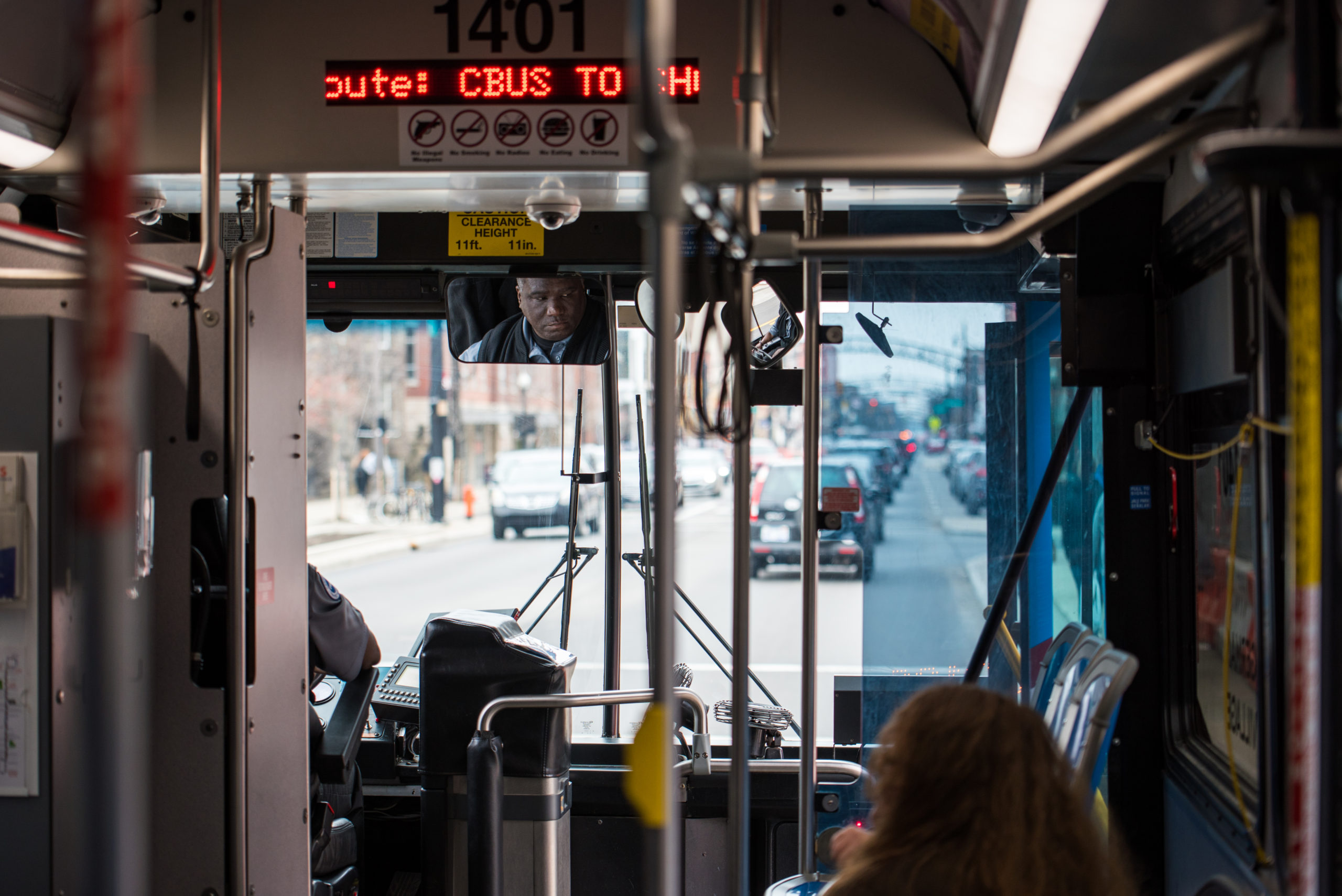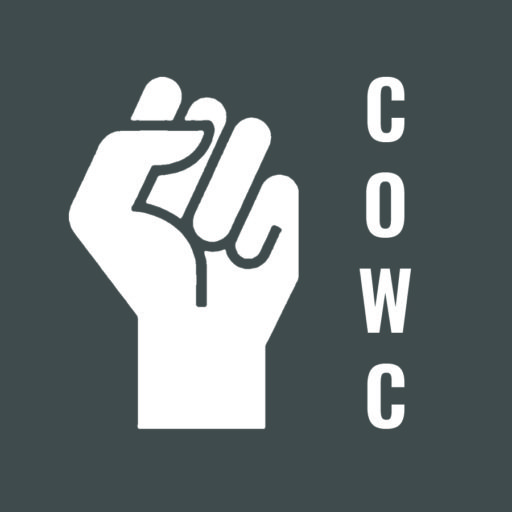In March, Congress passed and the President signed a 1.9 Trillion Dollar COVID-19 relief bill – the American Rescue Plan. Here are some key features that workers in Ohio should know.

Photo by Katie Forbes
If you are a single person making $75,000 or below, you should receive a stimulus check of $1400. If you are a married couple that makes $150,000 or below, then you should receive a stimulus check of $1400 per person in your family. Single persons earning more than $75,000 but less than $80,000 or married couples earning more than $150,000 but less than $160,000 should receive a partial stimulus check. If you are an unmarried head of household, your income must be $112,500 or below to qualify for the full stimulus checks, and the cutoff for receiving a partial stimulus check is $120,000. Your most recent year of filing a tax return with the Internal Revenue Service determines your eligibility (either 2019 or 2020). If you have questions about this third stimulus payment or the two stimulus payments in 2020, see the IRS website.
If you are unemployed, you should receive a $300 weekly federal boost to your unemployment benefits and you should receive those benefits through September 6. These extended benefits apply to both employees and independent contractors. The $300 weekly supplement will not be counted when calculating your eligibility for Medicaid or the Children’s Health Insurance Program. In addition, the first $10,200 in 2020 unemployment benefits is tax-free for families making $150,000 or less. If you have questions about unemployment benefits, contact the Legal Aid Society of Columbus.
If you are a childless household, the maximum credit amount for the earned income tax increases to $1,502, from $543, and people without children will be able to claim the credit beginning at age 19 instead of 25. These changes are for 2021 only.
If you need to purchase health insurance, the premiums for an insurance policy purchased through an Affordable Care Act exchange will cost no more than 8.5% of your modified adjusted gross income through the end of 2022. If you purchase COBRA health insurance coverage because you lost your job or had your hours cut, the federal government will pay the entire COBRA premium from April 1 through September 30, 2021.
If you are behind on your rent, mortgage or utilities, $20 billion is being provided to state and local governments to help low-income households cover back rent, rent assistance, mortgage and utility bills. Lower-income families that have been unemployed for three months or more, the homeless or those at risk of homelessness, and domestic violence victims will be given priority for assistance.
If you have minor children that you are caring for, you may be entitled to a refundable child tax credit of up to $3,000 per child ($3,600 for ages five and under). This tax credit is fully refundable, which means you can receive money from it as a tax refund even if your tax bill is reduced to zero. And half of that money can be advanced to households over the six months starting in July. The government will calculate these “advance payments” based on your 2019 or 2020 tax return and send you these payments unless you opt out of receiving any advance payments by going to the government’s online portal. This portal will be available on the IRS website by July. You will also be able to use the online portal to update information about your income, marital status and number of qualifying children.
